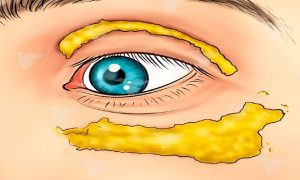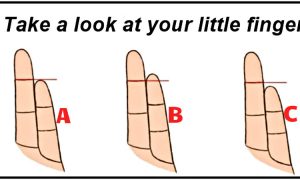
Everyone hates a nasty cough. You are miserable and aching and alone in your suffering. You might be an adult or a child, it spares no one.
Cough is the reflexive and repetitive act by which we forcefully expel foreign particles, mucus, and other irritants like microbes.
Cough can be productive or non-productive. Productive cough ejects mucus or phlegm present in the throat or lungs. In non-productive or dry cough no mucus is expelled.
Causes
The reasons why we cough can be many like a bacterial or common cold, allergies, viral infection, asthma, flu, lung or even digestive diseases.
Effects
Persistent and strenuous coughing wears you out and causes sleeplessness and headache, involuntary passing of urine, and even damage to ribs. Debilitating coughing may indicate a deeper malady. Here are some ways for immediate relief:-
- Follow a healthy diet
- Shun smoking-even passive
- Keep yourself away from the causes
- Attend to personal hygiene
- Take precautions while interacting with affected people
- Avoid pollution
When to bring in the doctor
If cough persists, consult a doctor to get a diagnosis on the underlying cause and follow a proper course of treatment. Swelling in and around the neck, difficulty in swallowing, blood while coughing, and chest pain are reasons enough to see a doctor.
There are several effective home remedies to get rid of cough. An expectorant brings relief by thinning the mucus in the air passage and expelling it. But expectorants – homemade or otherwise – are ineffective against the underlying causes of the cough.
The top seven natural expectorants for your cough and how to have them
1. Rinse your throat 2-3 times with salt water to dilute the mucus, thereby expelling it.
2. Honey is effective against bacteria and fortifies your immunity. Honey acts against cough associated with throat infection among children. Taken at bedtime, it brings instant relief. Honey mixed with lemon juice or cinnamon powder controls cough and induces sleep. Honey is not to be given to children below one.
3. Ginger is yet another formidable weapon in your fight against cough. It controls inflammation and suppresses cough. It fights bacteria and viruses and also fortifies the immune system and aids in your recovery.
Ginger acts as a stimulant and also prevents flatulence and nausea. It promotes appetite, aids breathing by widening the air passage, and reduces fever and inflammation. It can be taken with boiling water or added to honey for better results.
4. Licorice root brings amazing relief from irritation and inflammation. It aids in expelling mucus from the air passage. It is best taken as a tea. Honey can be added for taste. But licorice is best avoided for people suffering from high blood pressure.
5. Holy Basil or Tulsi is a vital ingredient in expectorants and cough syrups. Extracts have long been used for treating various ailments including stomach-ache, fever, and heart ailments. The oil also alleviates pain, cures allergy, and prevents nausea and vomiting. It reduces stress and inflammation, stabilizes blood pressure, and fights cholesterol. It can be inhaled or mixed with cloves.
6. Garlic is effective against cough and respiratory disease. It strikes at the root cause as it acts against bacteria and virus. It can be inhaled or mixed with olive oil to make a chest rub. Adding honey and oregano enhances its properties.
7. Peppermint eliminates mucus from the air passage and prevents cough. It contains menthol which dilutes the mucus.
A persistent cough should not be treated as an isolated irritant as it can be a precursor to a deep seated ailment. These natural expectorants are effective but have their limitations. What is of paramount importance is that the underlying causes of cough should be rooted out and only a doctor can truly help alleviate it.
Take care folks!






















